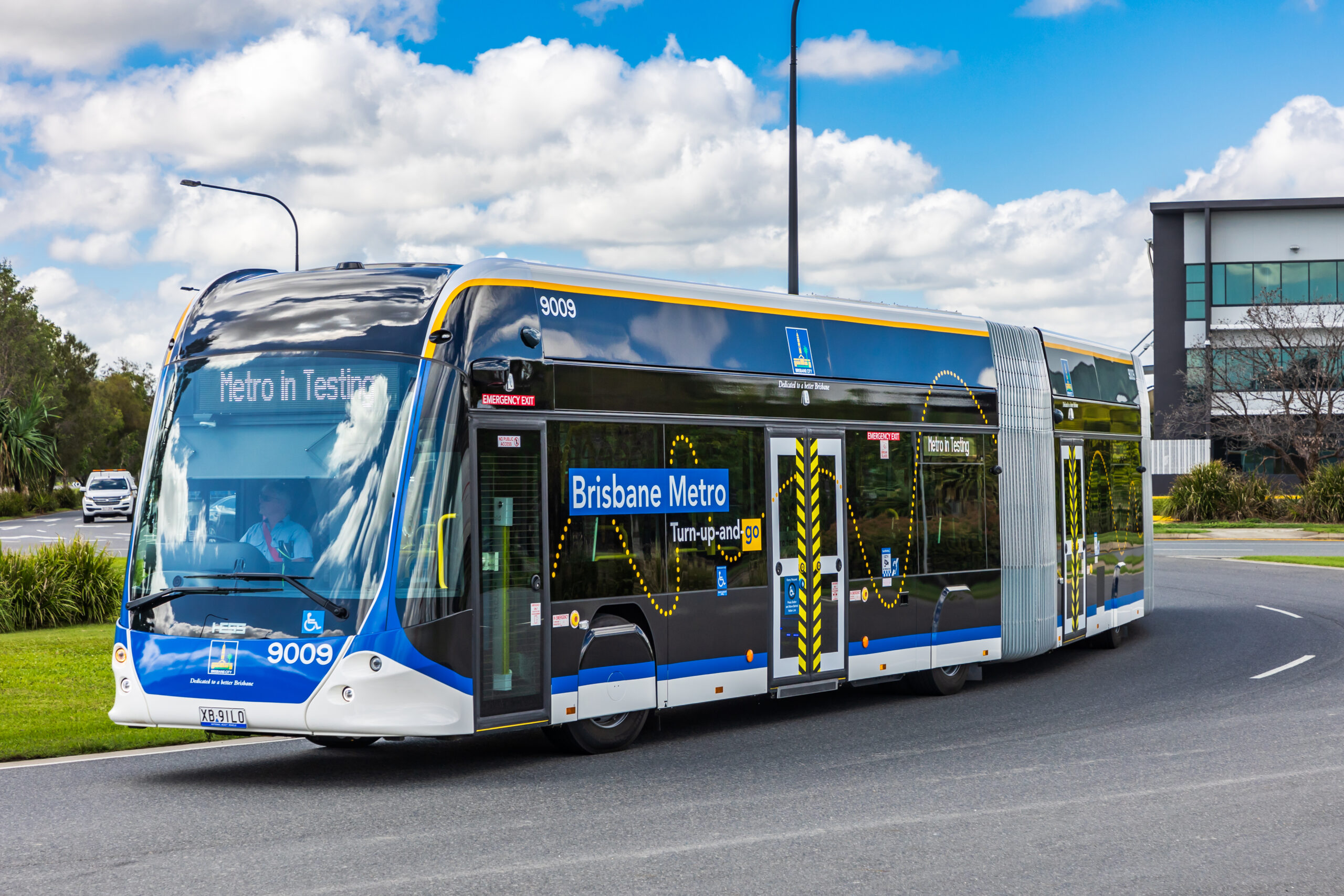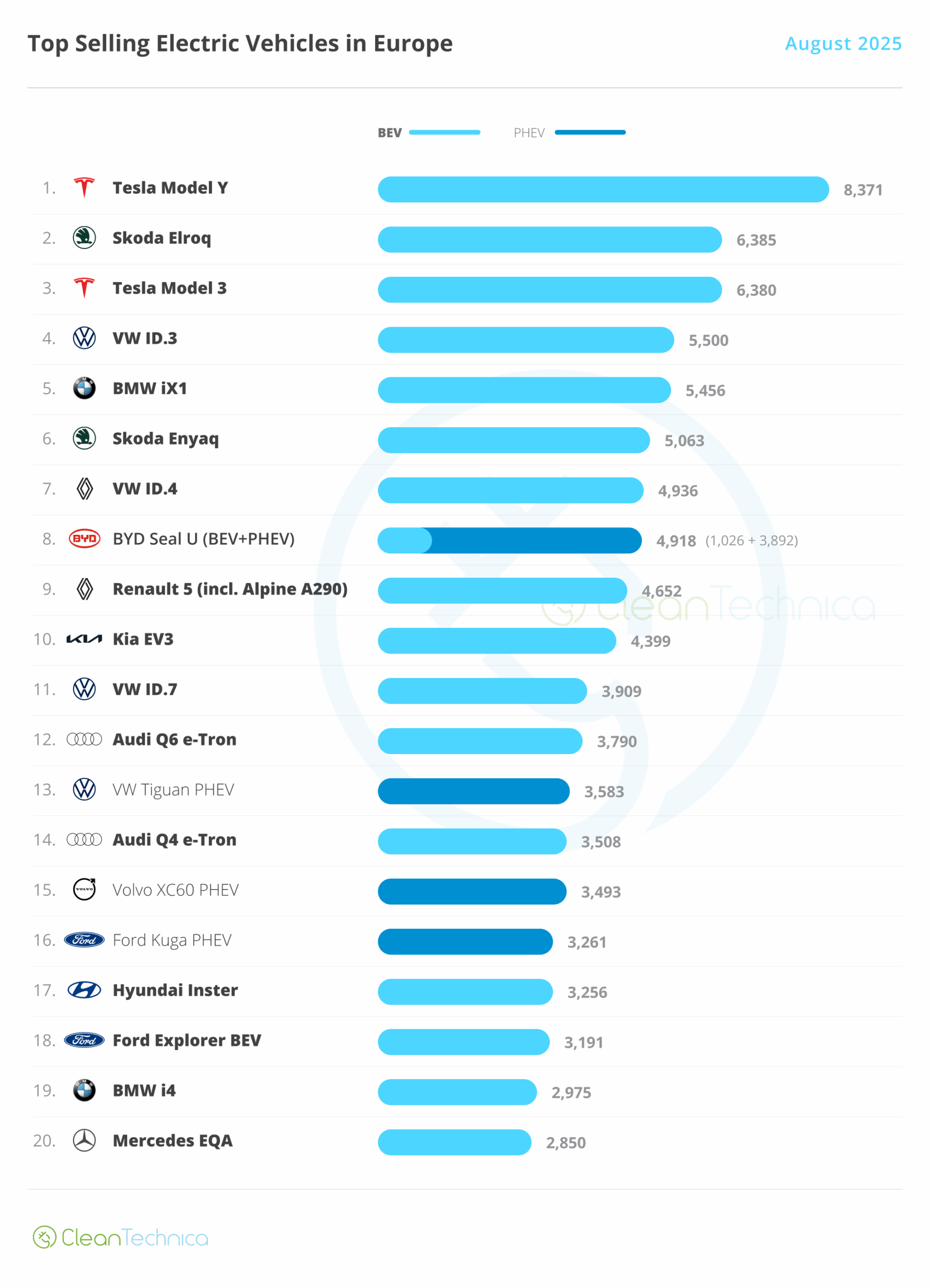Attendees at the European Federation of Explosives Engineers (EFEE) Conference were presented with an innovation that, AECI Mining says, is shifting the way blasting is conducted worldwide: the elimination of TNT from explosive boosters.
Against a backdrop of tightening supply chains and rising safety expectations, a collaborative case study from South Africa demonstrated how alternative booster formulations are technically viable as well as safer, more sustainable and economically beneficial.
The supply of trinitrotoluene (TNT), a cornerstone of traditional booster formulations, has become increasingly constrained. Production is concentrated in regions such as China and Russia and geopolitical instability has placed commercial users in competition with defence sectors. Beyond supply, TNT and pentaerythritol tetranitrate (PETN) carry inherent risks in handling, storage and transportation.
The mining industry, long reliant on such materials, has been compelled to re-examine its dependence on volatile global supply chains.
Ritzema Nel, General Manager: Mining Explosives – South Africa, AECI Mining Explosives, says engineers and scientists at AECI developed a two-component booster that contains no TNT or PETN. The system uses mostly local, inert materials that only become sensitive in their final combined state.
The benefits of this approach are enormous, according to the company:
- Non-explosive inputs lower the probability of accidental detonation during shipping or storage;
- By avoiding UN Class 1 classification, logistics are easier and less costly across air, road, and sea;
- Local sourcing reduces carbon emissions associated with importing explosives, aligning with stricter climate regulations and ESG commitments; and
- On-site or near-site manufacturing opens pathways for local enterprise development and job creation.
Nel explains: “By moving away from TNT and PETN, we’re reducing operational risk and opening the door to more sustainable and resilient supply chains.”
Developing an alternative was only part of the challenge; proving its reliability under field conditions was equally critical. At a coal producer’s South African open-cast mines, blast hole temperatures can reach 120°C, an environment in which conventional TNT-based boosters soften or degrade.
The new booster incorporates a thermally-resilient shell that maintains structural integrity in hot-hole applications. Laboratory testing was followed by extensive field trials: more than 84,000 units were tested across African sites before full-scale commercial rollout. Since adoption, over 1.8 million boosters have been safely fired without incident.
Operational crews also reported strong acceptance of the design, noting practical features such as easy detonator placement and adaptability in varied blast configurations.
Nel says the innovation arrives at a critical time for global mining: “Supply chain disruptions, decarbonisation targets and heightened ESG scrutiny are reshaping procurement and operational practices. By reducing reliance on restricted imported inputs and aligning with climate reporting frameworks, the TNT-free booster demonstrates how explosives technology can evolve in step with these broader pressures.
“Importantly, localised manufacturing not only improves flexibility and security of supply, but also creates measurable socioeconomic benefits through job creation and supplier development.”



